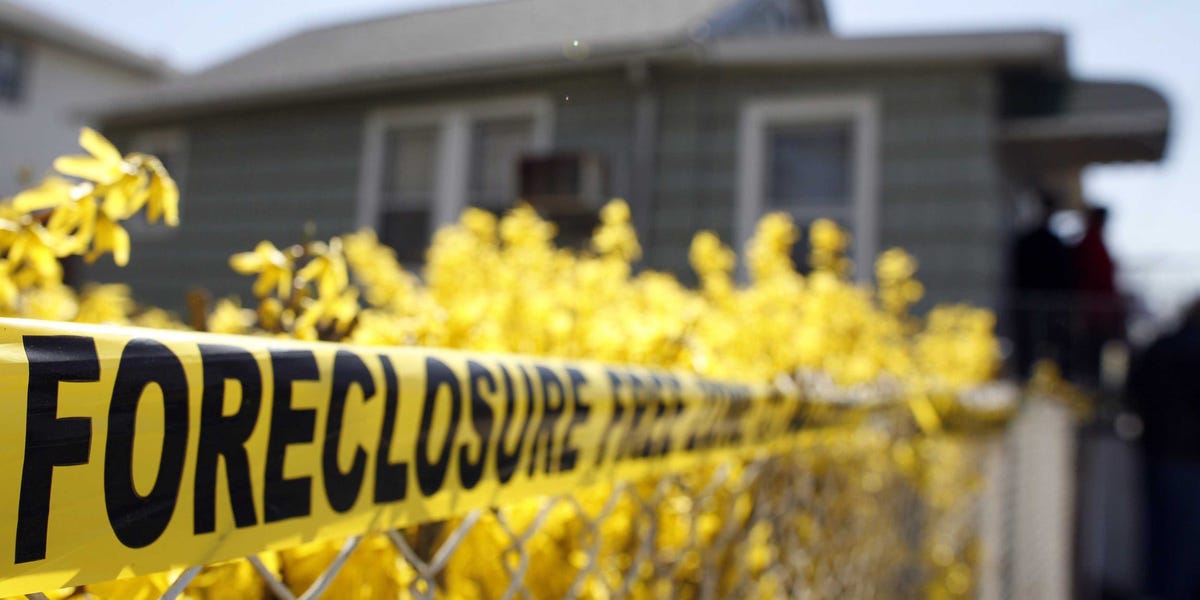Punishing the poor and making things harder for them to dig out of their situation is certainly for the best!
gotta keep the chains tightened somehow!
You didn’t think they would level the playing field before trying enslavement, did ya?
Historically, American millionaires had a much higher rate of prior bankruptcies than the general population. A good way to squelch entrepreneurship is to make failure so onerous that it’s not worth the risk.
I assume that is self made millionaires. They are likely entrepreneurial with a higher risk of failure in doing so, but greater rewards when succeed.
Inherited millionaires are likely risk adverse.
if the government is increasing it’s debt you know someone has that money.
The only question is who. The ultra rich or 8.5 million Chinese? it’s a mystery I’m sure we’ll never solve.
This is the best summary I could come up with:
A record 8.5 million Chinese borrowers – about 1% of the country’s working-age adults – are blacklisted by their government for failing to pay their debts, the Financial Times reported on Sunday.
The 8.54 million blacklisted borrowers, who are mostly aged between 18 and 59, are barred from buying airplane tickets, making mobile payments using apps like Alipay, working for the government, using toll roads, and engaging in many other activities, the paper reported.
The late-payment epidemic is just the latest economic woe in China, which is navigating aftershocks from the COVID-19 pandemic including a slowdown in growth, stagnant wage gains, a real-estate crisis, and historic levels of youth unemployment.
As a result, American households face a double-whammy of steeper living costs and larger monthly payments on debts such as their credit cards, car loans, and mortgages.
Other borrowers, such as commercial real-estate developers, face much greater refinancing costs, slumping asset values, and a credit crunch as wary banks pull back from lending.
The difficult situation has led many commentators including “The Big Short” investor Michael Burry and veteran economist David Rosenberg to predict cash-strapped households will have to slow their spending, paving the way for a stock-market downturn and a recession.
The original article contains 425 words, the summary contains 202 words. Saved 52%. I’m a bot and I’m open source!






